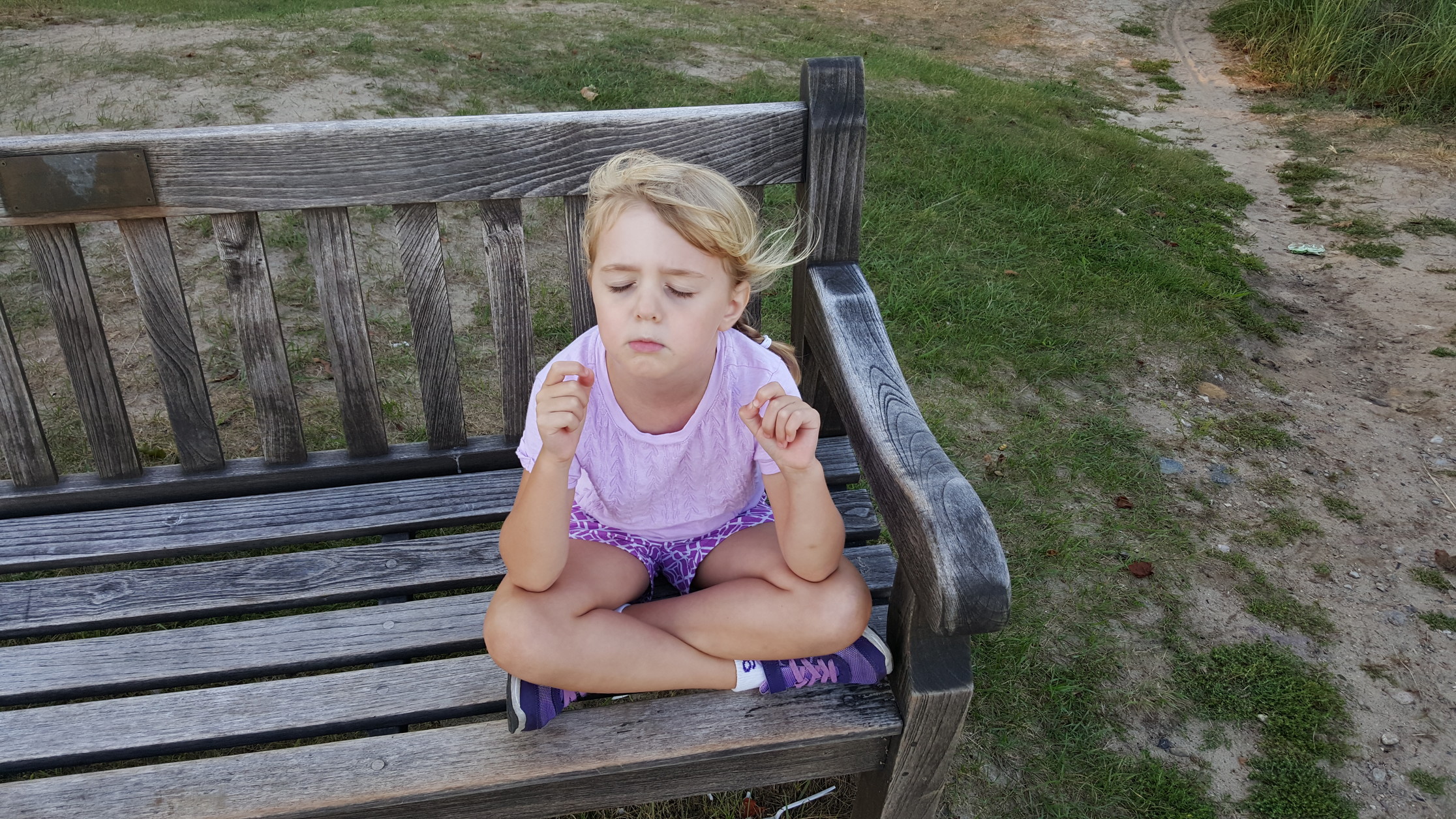The increasing body of research on the use of mindfulness with children and adolescents is extremely compelling. In direct contrast to the growing concerns over video games and technology dependence, recent and cutting edge mindfulness research has demonstrated that mindfulness-based interventions assist in cognitive functioning and resilience to stress as well as laying down neurological pathways for preteens to provide better self regulation. In fact, pre-teens using mindfulness exercises have been found to significantly reduce social phobia, separation anxiety and generalized anxiety. Emotional well being is a hallmark for kids and adolescent in academic achievement and mindfulness training has been found to provide less reactive, more resilient and less distracted students. Are you looking for a way to practice what you preach? Mindfulness has been shown to reduce compassion fatigue among healthcare professionals as well as increasing the amount of empathy that treaters provide for their clients.
There are a number of ways to integrate mindfulness into our daily lives. Some are more simple and can help with bringing our attention back to the present, while others can involve others, like starting a mindfulness practice with a group of folks who have share your practice goal. For parents or clinicians, providing a good example through mindful care can be a nice way to ensure that we remain in practice outside of our formal mindfulness exercises. Finally, nothing can get in the way of maintaining a practice like boredom! Here is a comprehensive list of exercises to help keep your practice.


